The Path Forward: Rebuilding Trust Amid Tariffs and Geopolitical Shifts
Trump’s 50% tariffs on Indian goods, including a 25% punitive duty tied to India’s purchase of Russian oil, have disrupted over $200 billion in annual bilateral trade.
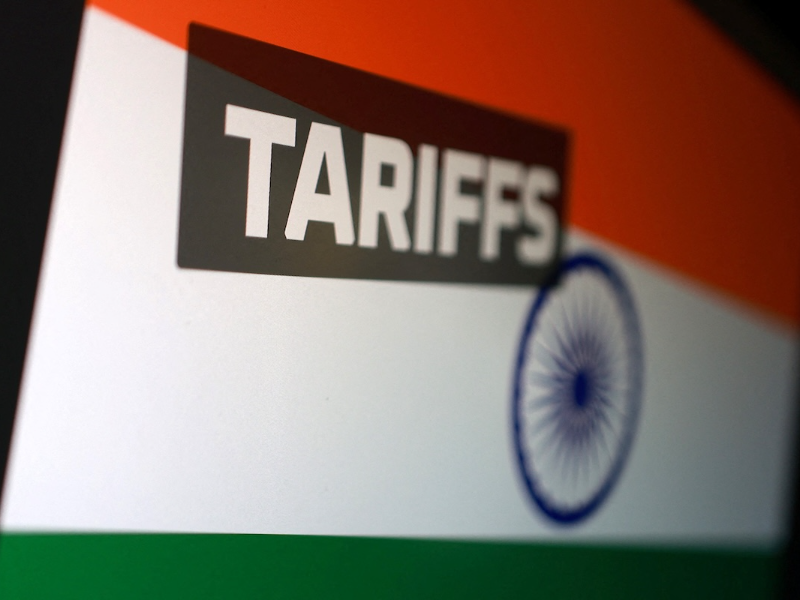 Indian flag and the word / REUTERS/Dado Ruvic/Illustration/ File Photo
Indian flag and the word / REUTERS/Dado Ruvic/Illustration/ File Photo
For over two decades, I have worked to strengthen the US-India partnership, and I am deeply concerned by recent setbacks threatening this vital alliance. For 25 years, U.S. presidents from Bill Clinton to Joe Biden have collaborated with Indian leaders, including Atal Bihari Vajpayee, Manmohan Singh, and Narendra Modi, to build a relationship rooted in shared democratic values and economic cooperation. From Clinton’s pioneering outreach to Bush’s landmark civil nuclear deal and Biden’s strategic alignment, this alliance has positioned India as a critical counterbalance to China’s influence through initiatives like the Quad. Yet, President Donald Trump’s second term has unleashed damaging tariffs and inflammatory rhetoric, undermining trust and trade, and jeopardizing decades of progress.
Trump’s 50% tariffs on Indian goods, including a 25% punitive duty tied to India’s purchase of Russian oil, have disrupted over $200 billion in annual bilateral trade. These tariffs raise costs for American consumers on essentials like textiles, pharmaceuticals, and carpets—some sectors report “no consignments” to the US—while straining relations with the 5.5 million Indian Americans who contribute $1 trillion to the U.S. economy through innovation, entrepreneurship, and taxes. As a community leader, I’ve seen how Indian Americans bridge cultures, drive investments, and strengthen ties through remittances and advocacy. Rising hate crimes against South Asians, fueled by this divisive climate, underscore the urgent need for fair immigration policies and protections against anti-Asian sentiment.
Trump’s actions appear partly driven by personal grievances, notably India’s refusal to nominate him for the Nobel Peace Prize, despite his June 17 call boasting of “solving” the India-Pakistan conflict and citing Pakistan’s nomination. His insults, labeling India a “dead economy,” have further eroded goodwill. In contrast, the Biden administration, through former Ambassador Eric Garcetti, pragmatically supported India’s purchase of Russian oil to stabilize global energy prices and prevent spikes to $130 per barrel, aligning with U.S. interests without violating sanctions.
India’s deepening ties with Russia and China through BRICS reflect a strategic hedge against the unpredictability of the U.S. under Trump. Yet, America needs India to counter China’s dominance in the Indo-Pacific, from securing technology supply chains to maintaining military balance. Without India, initiatives like the Quad falter, weakening U.S. interests. Trump’s missteps—failing to curb Russia’s advances in Ukraine, retreating on China tariffs amid critical mineral shortages, and stalling trade deals—expose his strategic weaknesses. He has yielded to China on rare earths and magnet supplies, contradicting his “America First” stance.
I support policies that prioritize American workers, promote fair trade, and maintain a balanced immigration approach while fostering global partnerships. India cannot open its dairy and agriculture markets to US suppliers, as this would devastate its rural economy. Instead, U.S. companies like Tesla, Apple, biotech firms, and defense firms can seize opportunities to manufacture in India and shift manufacturing from China to India, tapping its 1.3 billion-strong market to produce EVs, smartphones, and advanced technologies, creating jobs and boosting mutual prosperity.
Over the next 2-6 months, renewed trade talks, with a potential deal by November 2025, offer hope for normalizing relations. As Trump falters on Ukraine and China, the U.S. and India must prioritize diplomacy over division. For South Asian Americans, this is about safeguarding our dual heritage, combating hate, and ensuring equitable policies. With renewed commitment, the U.S.-India alliance will not only recover but soar to new heights, forging an unbreakable partnership for a prosperous and secure future.
The author is a former Advisor to President Biden for the Asian American, Native Hawaiian, and Pacific Islander Commission and authored over 30 policy recommendations leading to Immigration and economic development policy changes in the Biden-Harris Administration. He also serves as National Finance Committee for the Democratic Party.
(The views and opinions expressed in this article are those of the author and do not necessarily reflect the official policy or position of India Abroad
ADVERTISEMENT
ADVERTISEMENT
E Paper
Video




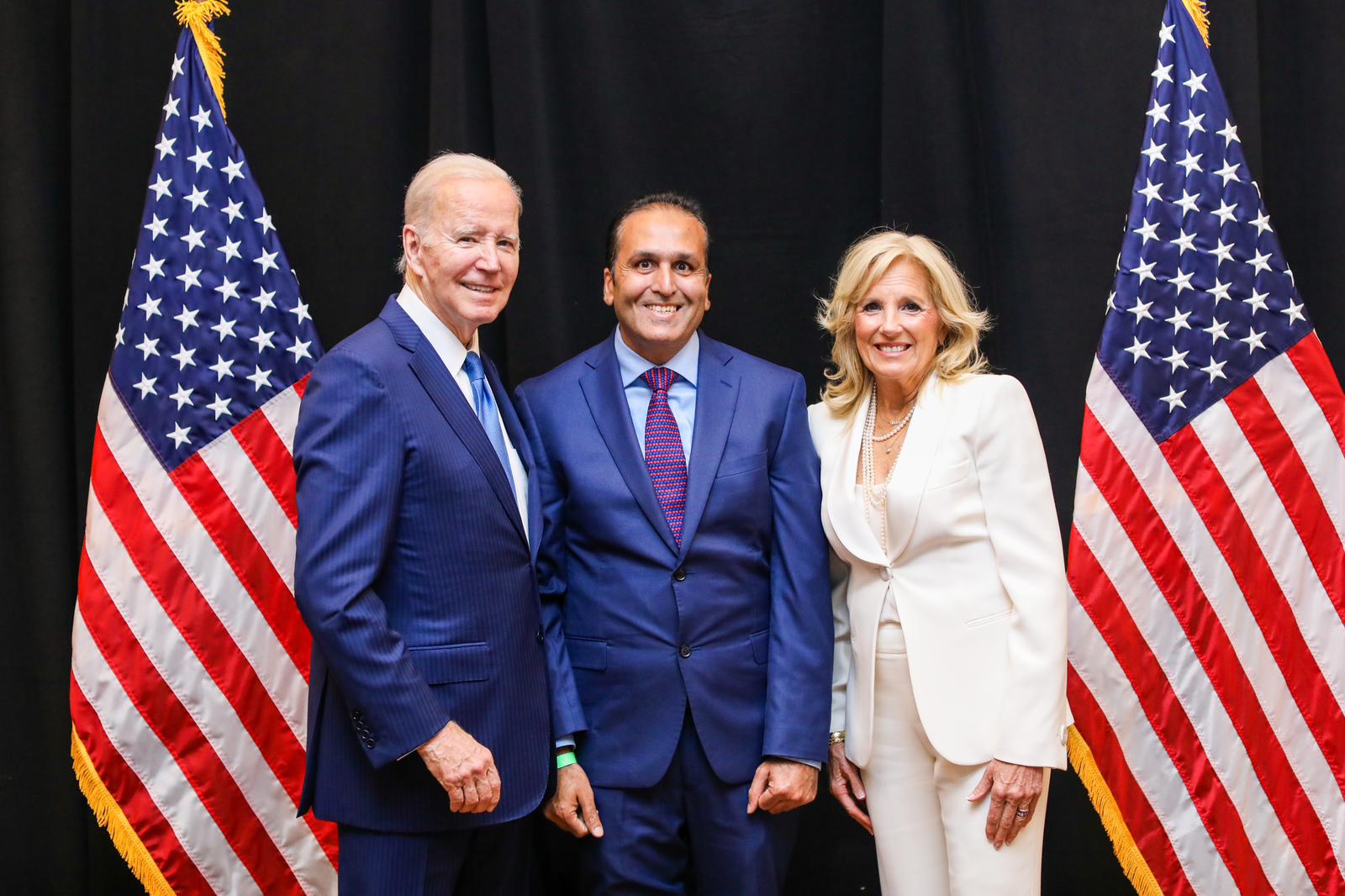 Ajay Bhutoria
Ajay Bhutoria
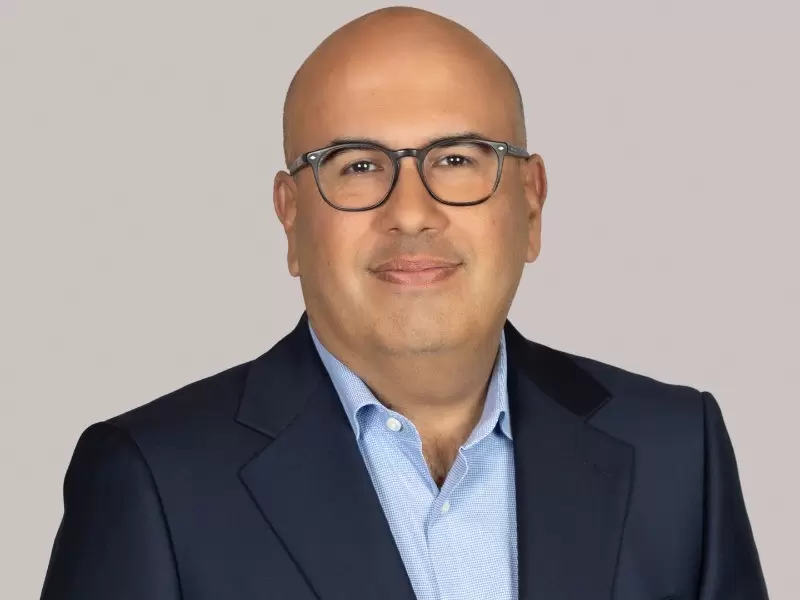
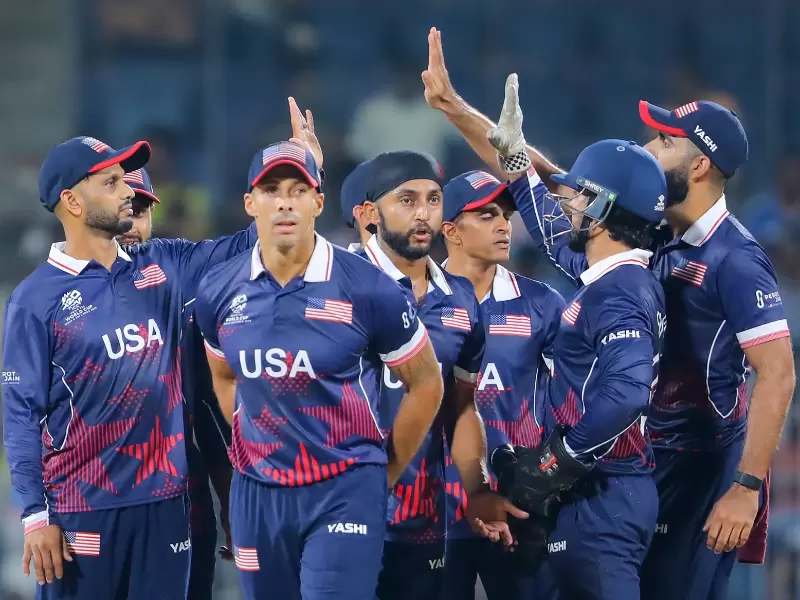

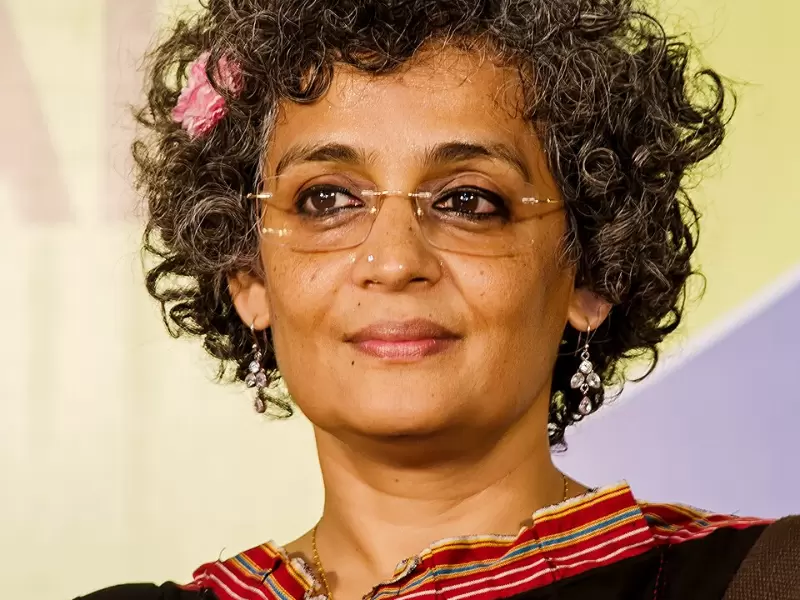
.png)


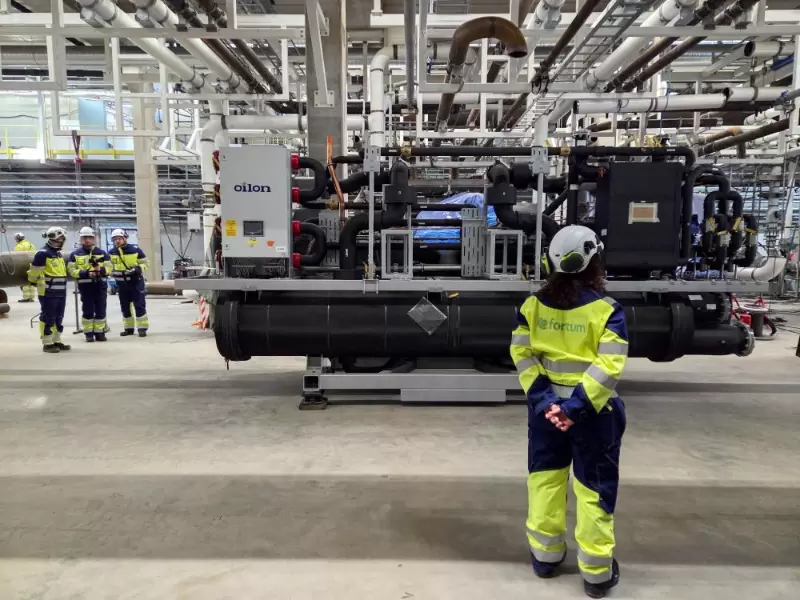
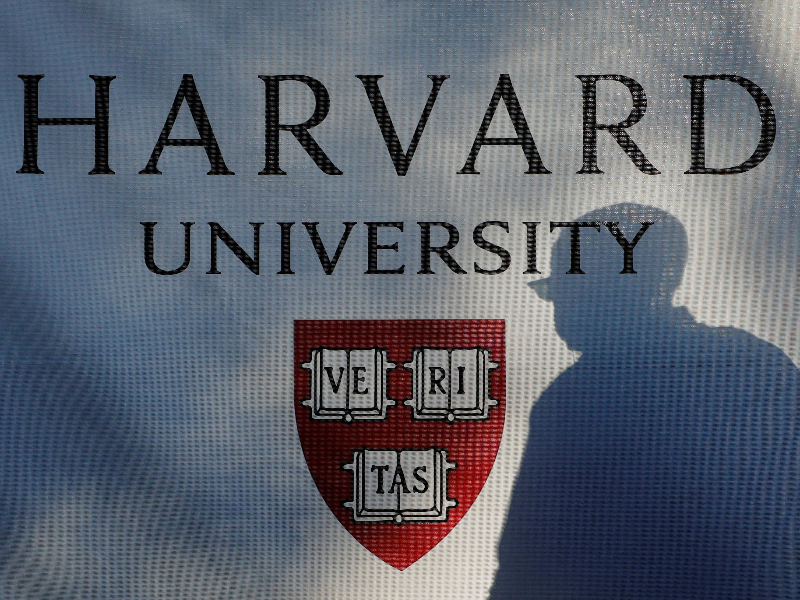
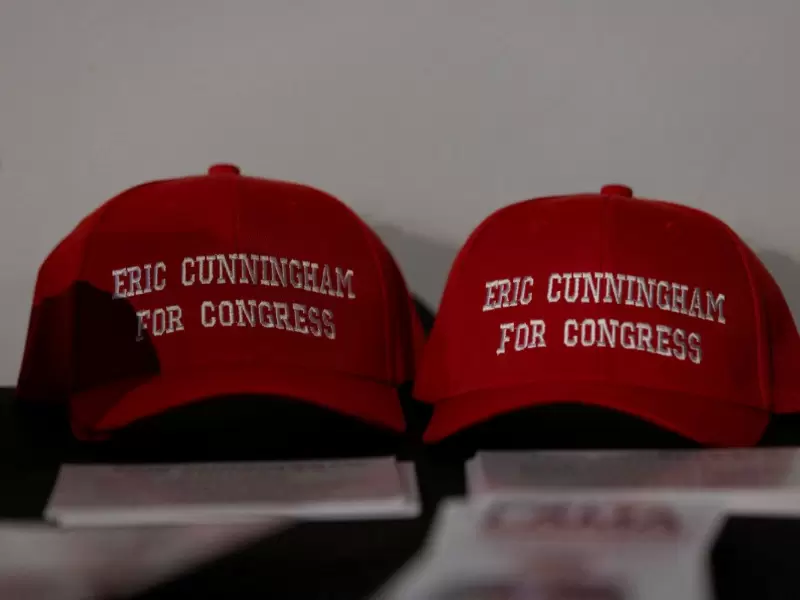
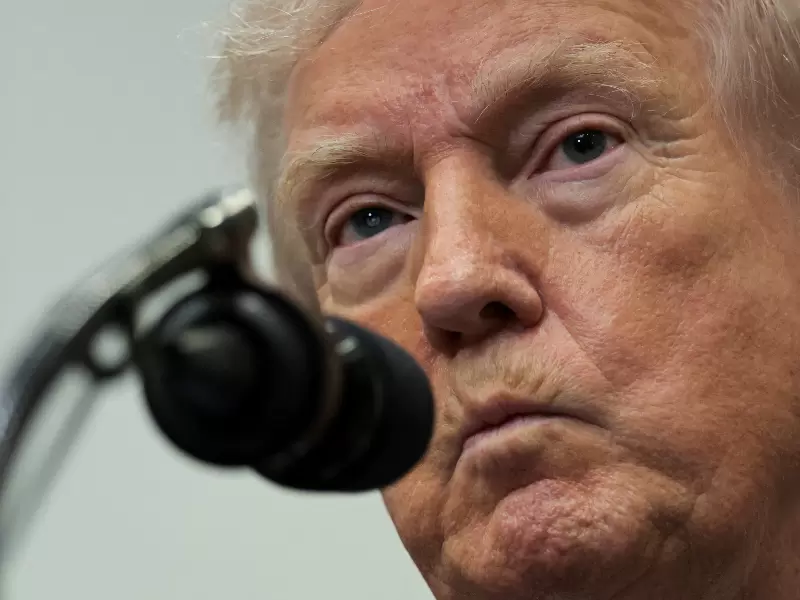


Comments
Start the conversation
Become a member of New India Abroad to start commenting.
Sign Up Now
Already have an account? Login